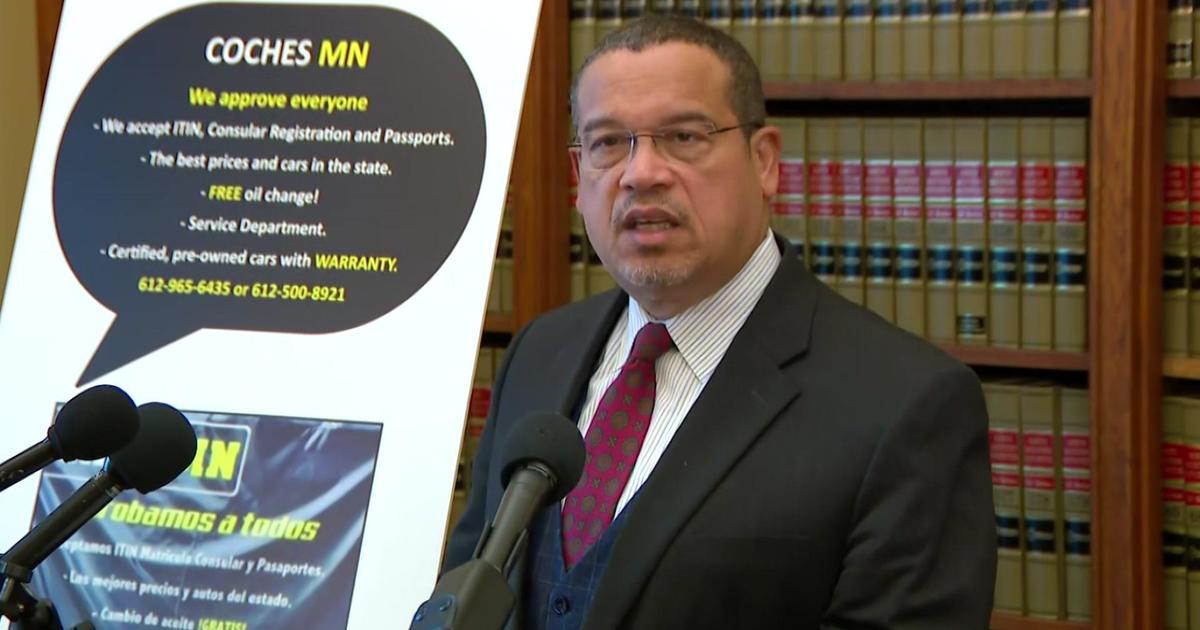'Coyote Bounty' Considered As Plan To Control Population
MINNEAPOLIS (WCCO) -- There have been cases across Minnesota of coyotes killing other animals, including pets in the Twin Cities. Now a state lawmaker has an idea that, he says, will control the growing coyote population.
"It's more an incentive," explained Rep. Andrew Falk (DFL), who represents several Western Minnesota counties. "There are a number of farmers in my district who have had experiences."
Falk has talked with farmers who say coyotes have killed their cattle. Recently, a family pet in a Twin Cities suburb was also killed by a coyote.
Falk's bill in the state legislature would actually pay people to kill coyotes. It would allow for a bounty for each one.
County Boards would decide specifics, including how much they'd pay for each coyote and when the bounty would be given. Falk estimates that boards might pay anywhere from $5 to $20 for each coyote.
"Specifically where there is a need, where we have an overabundance of the populations, it gives the County Board an additional tool to hopefully incentivize people to hunt or trap or take the animals by any legal means," Falk said.
Each county will decide whether they use the idea or not.
"I personally don't think it's necessary," said Craig Bourgeault, who lives in Edina.
Bourgeault's wife filmed a coyote in their backyard recently. The video shows the animals jumping a fence, running through, and jumping another fence to leave, all the while the family's dog is barking.
Bourgeault thinks coyotes are harmless and would rather not confront anything.
"They're not going to attack people. They're not generally going to bother people," said Bourgeault.
The Minnesota Department of Natural Resources says more coyotes are appearing in southwestern Minnesota counties. Falk thinks his bill will help deal with the issue.



